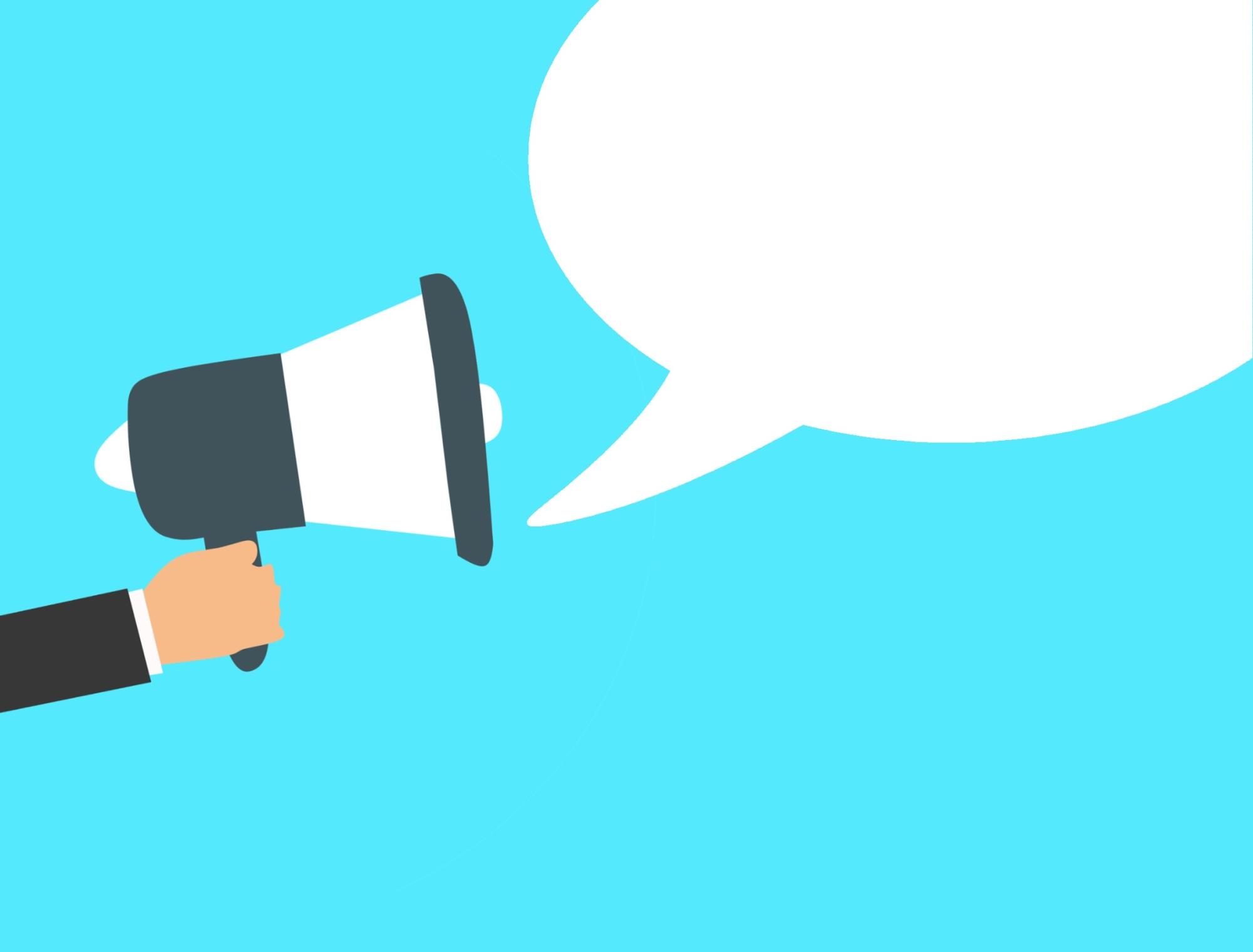There was a time, not too long ago, when a bad joke earned an eye roll— or even a small chuckle at the back of the room. If someone said something controversial, we didn’t run to our phones to report them—no, we wanted to debate them, challenge them, or, if they were being really annoying, just ignore them. But today, the line between sensitivity and censorship is blurrier than ever. We like to say we’re building a more “inclusive” or “politically correct” society, but oftentimes, it feels less like inclusion and more like an audition for who can be offended the fastest.
So, are we really just bubble-wrapping ourselves from anything that feels uncomfortable?
On the surface, this new wave of sensitivity might sound like actual progress. We’re paying closer attention to other perspectives, not turning a blind eye to offensive language, and remembering to treat others with compassion above all else. Sounds great, right? But dig a little deeper, and you’ll see a culture that treats disagreement like a knife fight. This creates a culture where people are afraid to speak out of an extreme fear of being misunderstood, misinterpreted, or having what they say taken out of context by the court of public opinion. And when fear replaces dialogue, that’s censorship waiting to happen.
One major reason for the divide between people who believe the world is becoming sensitive, and everyone else, is an absence of critical thinking, or lack thereof. The Mesa Press put it well: “We’re not teaching people to think for themselves anymore.” Critical thinking has been quietly replaced with critical feeling. We are starting to teach others what to think is acceptable, but not how to think for themselves. We’re no longer encouraging people to have their own critical thinking skills; instead, we’re training them to pick the “right” opinions from a pre-approved list.
Empathy is Not the Enemy
There’s one thing we need to understand here: empathy is not the problem. In fact, we could use so much more of it. We need to listen more. We need to care so much more. But empathy without a perspective will turn into a performance. And a performance, unlike empathy, is only about appearances—not truth.
Real empathy shouldn’t be fragile. It shouldn’t shatter the second someone wants to disagree with us. It doesn’t demand that we agree with every word out of someone’s mouth. There’s a reason why freedom of speech exists. It’s not because everyone always says the right thing. It exists because society needs people to be able to say the wrong thing—so that they can learn from the backlash, not be exiled for life because of it.
To be clear, free speech isn’t immunity from the consequences of your own actions. If you say something harmful, you might get called out. That’s fair. But what’s not fair—and what’s downright toxic—is when the punishment becomes disproportionate, permanent, and like a performance.
We don’t need to pretend everything is okay or laugh off bigotry in the name of “free speech.” But what we do need to do is stop acting like every uncomfortable moment is an emergency. We need to stop turning people into villains because they fumble their words. We need to re-learn how to listen, and how to live in a world where people will think differently than us—and that’s okay.
In the end, it’s not about choosing between being sensitive or being empathetic. It’s about remembering that freedom of speech was never supposed to be comfortable—it was supposed to be free.

